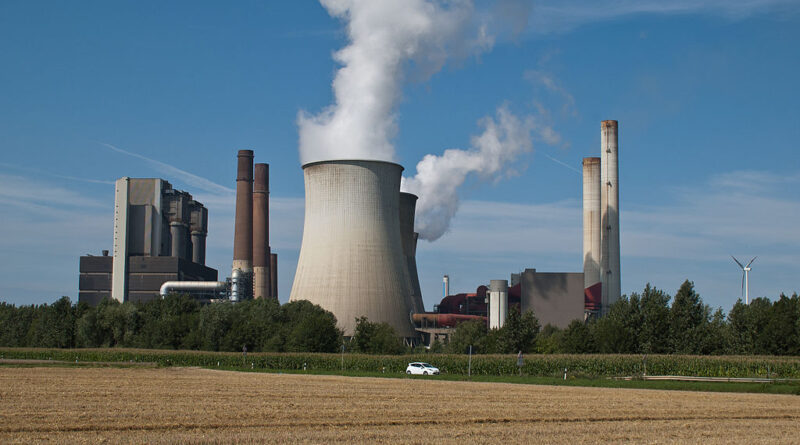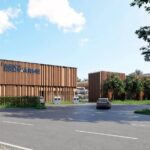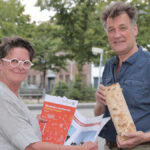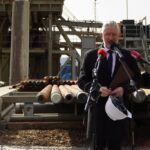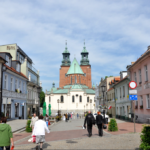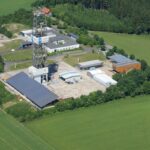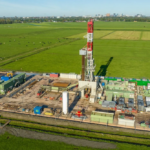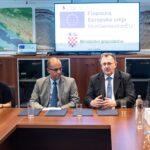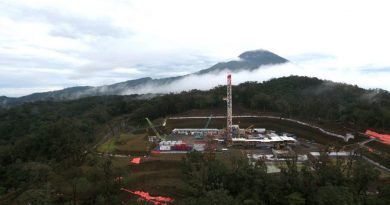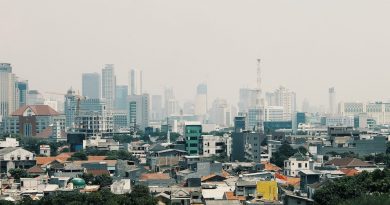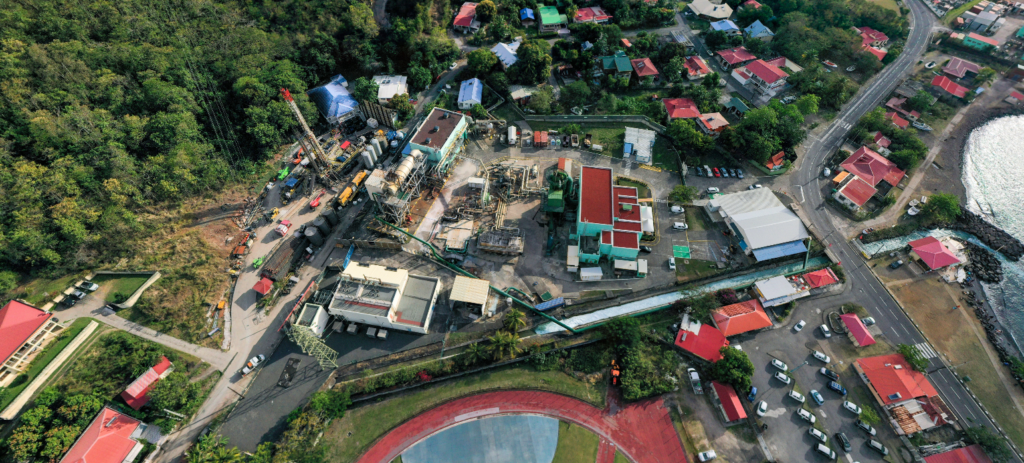Drilling to commence for geothermal research at Weisweiler, Germany
Energy Disrupter
Fraunhofer IEG, RWE Power, and the Geological Survey NRW are set to commence the drilling of a geothermal research well at Weisweiler, Germany.
Drilling of the first well in front of the Weisweiler lignite-fired power plant in North Rhine-Westphalia (NRW), Germany is expected to start by September 2023. This will be a part of the international DGE-ROLLOUT project managed by the Geological Service NRW with Fraunhofer Institute for Energy Infrastructures and Geothermal Energy (IEG) and power utility RWE Power.
As part of the EU project “Roll-out of Deep Geothermal Energy in North-West Europe – DGE-ROLLOUT,” RWE Power has applied for approval of a plan to drill a borehole to 100 meters depth which will then be geologically evaluated and handed over to Fraunhofer IEG for seismological observation. A second well will then be drilled by next year to a depth of 500 meters where a geothermal probe will be installed.
Fraunhofer IEG and RWE Power signed the cooperation agreement to bring heat generation from the depths to operational readiness in a research power plant back in 2021. The Rhenish Revier had been previously identified as a viable region for deep geothermal energy, prominently manifested in the Aachen thermal springs.
Hot water from the depths could one day become an alternative, climate-friendly heat source for residential areas and businesses in NRW. If the natural thermal water is hot enough, it can, for example, replace fossil fuels such as natural gas and lignite in the district heating supply. Plants in Munich, Paris and the Netherlands provide successful examples.
The drilling in Weisweiler and the subsequent installations in the boreholes should provide new data and insights into the sequence of the earth layers in the region. RWE Power’s drilling operations have a great deal of experience with such drilling: every year, they drill dozens of wells up to 700 meters deep to keep opencast mines and gauges dry.
As part of the state survey, the NRW Geological Service creates geological underground models and evaluates their potential for deep geothermal energy. The Arnsberg district government acts as the supervisory authority for all geothermal approval procedures at the site.
On the basis of the two boreholes in Weisweiler, a deep exploratory borehole can later be drilled under the direction of Fraunhofer IEG to search for thermal water.
Source: Fraunhofer IEG

